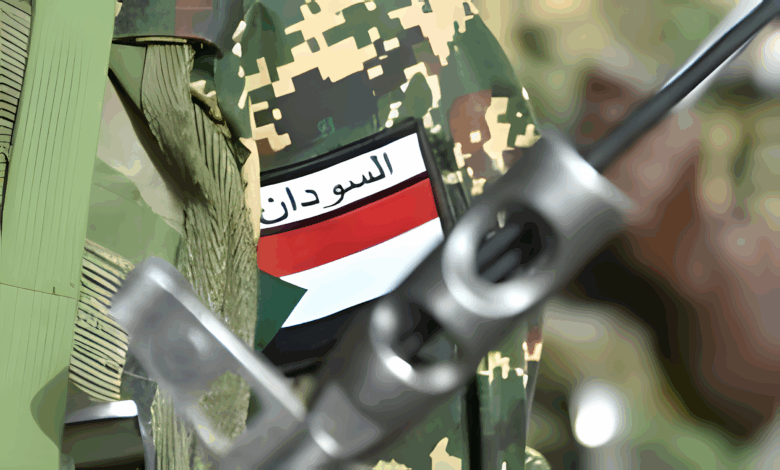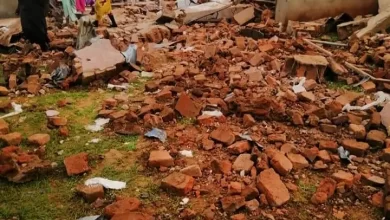Following the Rapid Support Forces’ advancement, SAF announces its withdrawal from the border triangle area

On Wednesday, the Sudanese Armed Forces (SAF) announced its withdrawal from the border “Triangle” area linking Sudan, Egypt and Libya, in a development that coincided with the announcement of a surprise attack carried out by the Rapid Support Forces (RSF) on the area.
The Sudanese Army’s withdrawal from the strategic area of Jebel al-‘Uweinat, which connects three countries, constituted a “defeat,” according to sources within the Rapid Support Forces, who confirmed the seizure of the military garrison, along with its combat vehicles, in addition to large quantities of heavy and light weapons.
Hours after the operation was carried out, videos circulated on social media of Rapid Support Forces personnel confirming their complete control of the area, in a new indication of their rapid advancement towards the country’s northern front, paving the way for their forces to gain control of the Northern and River Nile states.
The Rapid Support Forces’ significant advances on the northern border comes after its forces gained full control of the Al-Malha area last March. The aforementioned area is a key strategic axis in the desert, as well as a major supply and logistics hub for troop on their journey towards El-Fasher, the capital of North Darfur state.
The area of Jebel al-‘Uweinat represents a significant security and trade crossing between the three countries and is also a hub for combating irregular migration and human trafficking.
Observers believe that the Rapid Support Forces’ control of the border triangle area signifies their continued implementation of their declared plan to expel Al-Burhan’s militia, the mercenaries of the Armed Movements, as well as the brigades of the Islamic Movement from other regions in the northern states of the country, in an effort to regain control over the capital, Khartoum.
In recent weeks, the Rapid Support Forces have managed to successfully regain control over vast areas of West and South Kordofan, including the towns of Al-Khawi, Al-Dibaibat, and Um Sumaima. They are currently besieging El-Obeid, the capital of North Kordofan state, from several fronts. Moreover, its fall paves the way for the Rapid Support Forces to regain control over Omdurman, the capital’s second-largest city.
Developments on the Border
In statements to (Erem News), military sources attributed the tension on the border between Sudan and Libya to an attack carried out by a unit of the “Joint Force,” fighting alongside the Sudanese Army, on a Libyan army force during a patrol inside Libyan territory.
The sources added that the Libyan army responded to this attack, forcing the “Joint Force” to retreat back into the Sudanese border.
These developments came as the Libyan army, led by Khalifa Haftar, denied allegations by the Sudanese Army that it had attacked Sudanese territory, considering such claims to be “an attempt to export the crisis and create a supposed external enemy.”





